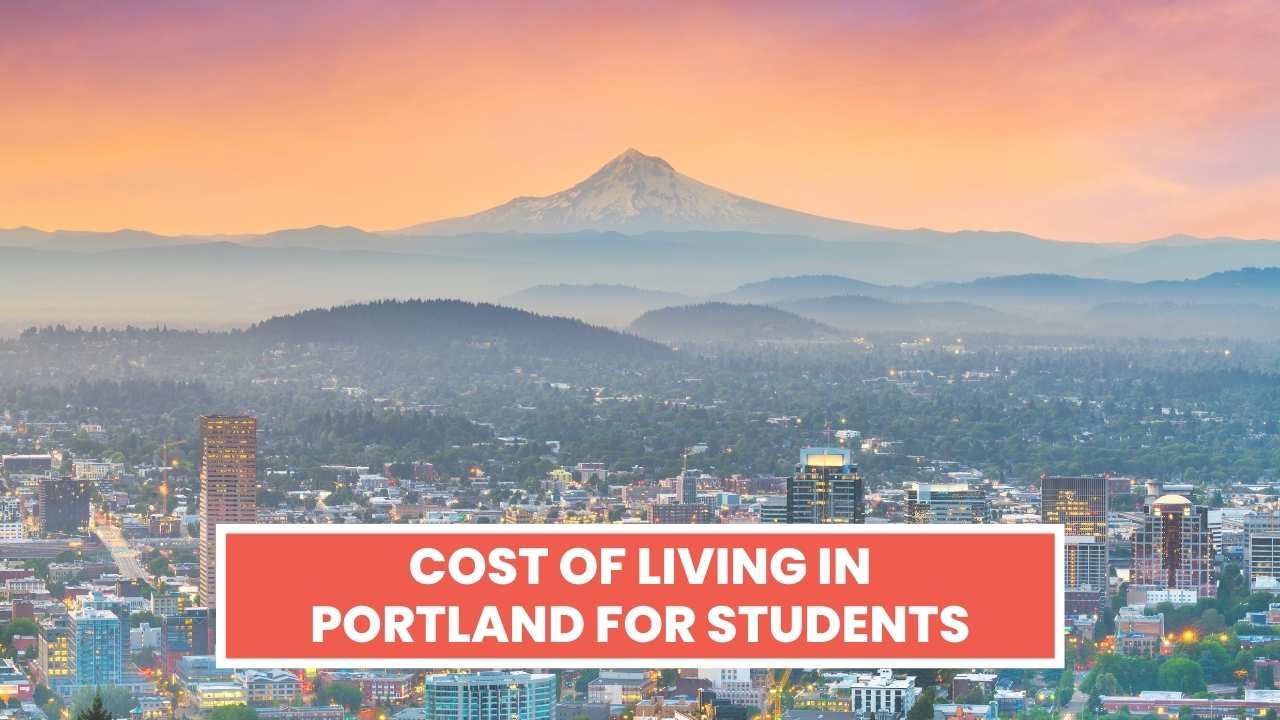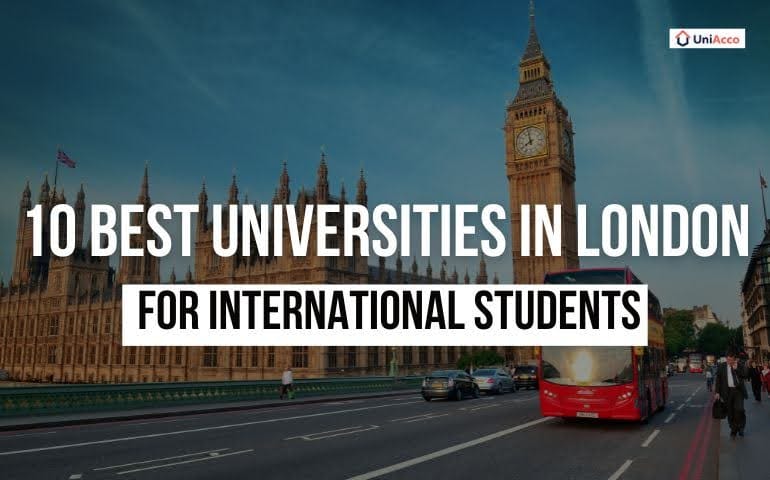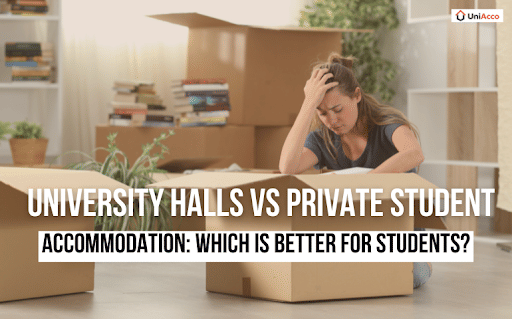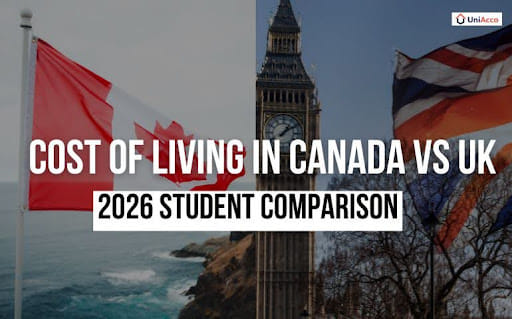If you’re considering pursuing higher education in this vibrant city, it’s crucial to have a clear understanding of the expenses you may encounter during your stay. From rent and tuition fees to transportation, food, and entertainment, we’ve got you covered. Let’s dive into the details and equip you with the knowledge you need to make informed decisions.
Cost Of Living Calculator
| Description | Cost (£) |
|---|---|
| Total Cost of Accommodation | 100 |
| Total Cost of Transport | 50 |
| Total Cost of Utilities | 30 |
| Total Cost of Food | 70 |
| Total Estimated Cost | 250 |
What Is The Cost of Living in Portland For Students?
Portland offers a diverse range of living expenses. While it’s considered more affordable than major cities like New York or San Francisco, it’s essential to budget wisely. Understanding the average costs will help you plan your finances effectively.
What Is The Average Rent In Portland for Students?
Rental prices in Portland vary depending on factors such as location, apartment size, and amenities. On average, a one-bedroom apartment near the city center can cost around $1,400 per month, while opting for shared accommodation or living in the outskirts can significantly reduce costs.
What Is The Cost Of Tuition In Portland?
Tuition fees in Portland depend on the institution and the program you choose. Public universities in Oregon, such as Portland State University or the University of Oregon, have different rates for in-state and out-of-state students. On average, undergraduate tuition for in-state students is approximately ,000 to ,000 per year.
What Is The Cost Of Transportation In Portland?
Portland boasts an excellent public transportation system, including buses, light rail (MAX), and streetcars. A monthly pass for unlimited rides costs around $100. Additionally, biking is popular in the city, with numerous bike lanes and rental options available.
What Is The Cost Of Food And Other Necessities In Portland?
The cost of groceries and dining out in Portland is relatively reasonable. On average, a monthly grocery bill for a student can range from $200 to $300. Exploring local farmers’ markets is an affordable way to enjoy fresh produce. Dining out at mid-range restaurants may cost around $12 to $20 per meal.
Portland offers a vibrant cultural scene with a wide range of entertainment options. You can find free or low-cost activities such as visiting parks, hiking trails, and exploring art galleries. Additionally, tickets for movies, concerts, and events can range from $10 to $50, depending on the venue and performance.
Where Can I Find The Best Student Accommodation in Portland?
Portland provides various options for student housing, including on-campus dormitories, off-campus apartments, and shared houses. Websites like Zillow, Apartments.com, or university-specific housing portals can help you find suitable accommodations based on your preferences and budget.
Average Cost of Living in Portland
Considering all expenses mentioned above, the average cost of living in Portland for a student ranges from $1,200 to $2,000 per month, depending on lifestyle choices and accommodation preferences.
Cost of Living in Portland for International Students
International students should account for additional expenses such as health insurance, visa fees, and international travel. Health insurance costs can vary but are typically around $1,000 to $2,000 per year.
Cost of Living in Portland for Indian Students
Indian students should be aware of currency conversion rates and consider the financial impact when studying in the United States. Additionally, expenses such as calling cards, international remittance fees, and occasional travel to India should be factored into their budget.
Conclusion
In conclusion, Portland offers a diverse and affordable experience for students. By understanding the various costs involved, you can plan your finances effectively and make the most of your time in this vibrant city. Remember to budget wisely, explore affordable entertainment options, and take advantage of the many resources available to students. Best of luck on your educational journey in Portland!
FAQs
Q1. Can I apply for multiple student loan forgiveness programs?
Ans: Yes, it is possible to apply for multiple student loan forgiveness programs if you meet the eligibility criteria for each program. However, keep in mind that the requirements and conditions may vary, so it’s important to carefully review the criteria for each program before applying.
Q2. How long does it take to get approval for loan forgiveness?
Ans: The processing time for loan forgiveness applications can vary depending on the program and the volume of applications being reviewed. It is advisable to check the specific program’s guidelines for estimated processing times. Generally, it may take several weeks to several months to receive a decision on your application.
Q3. Will student loan forgiveness affect my credit score?
Ans: Generally, student loan forgiveness itself does not directly impact your credit score. However, it’s important to note that if you have missed payments or defaults on your loans prior to applying for forgiveness, those negative marks may have already affected your credit score. Ensuring consistent and timely payments before applying for forgiveness is recommended to maintain a positive credit history.
Q4. Are private student loans eligible for forgiveness?
Ans: Private student loans are typically not eligible for federal student loan forgiveness programs. Forgiveness options for private student loans may vary depending on the lender and the terms of the loan. It’s advisable to contact your private loan provider to inquire about any available forgiveness or repayment assistance programs.
Q5. What happens if I don’t meet the requirements for loan forgiveness?
Ans: If you do not meet the requirements for loan forgiveness, your application may be denied. In such cases, you would remain responsible for repaying your student loans according to the terms of your loan agreement. It’s essential to review the denial notice, understand the reasons behind the denial, and explore other repayment options that may be suitable for your financial situation.
Also check out our other informative Blogs:















0 Comments